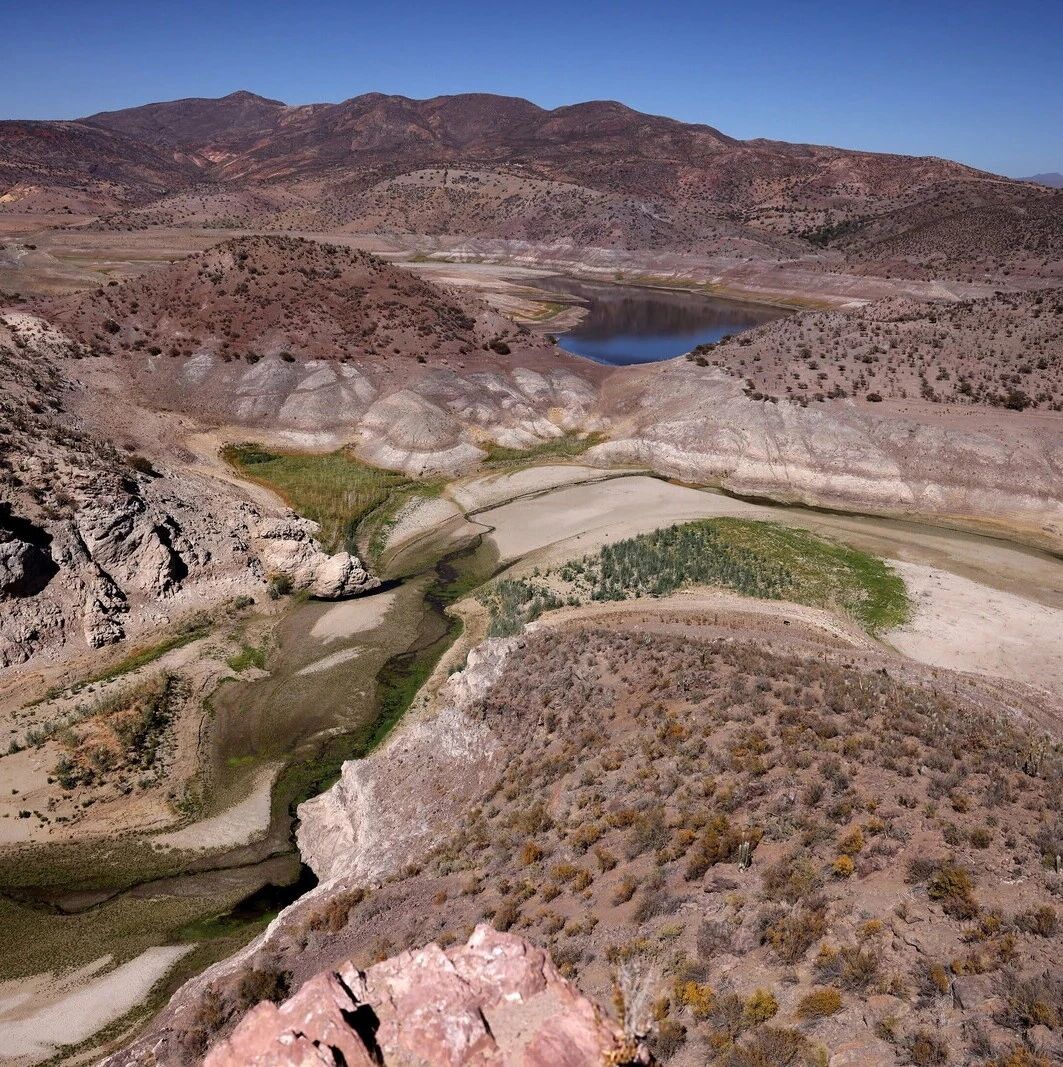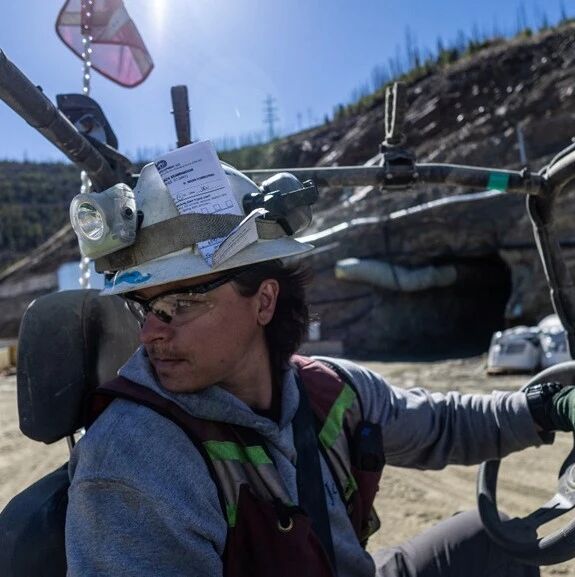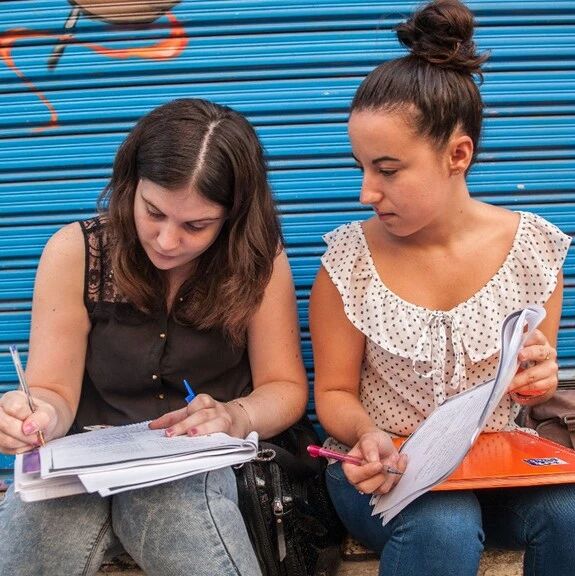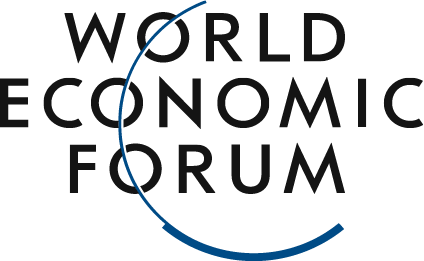
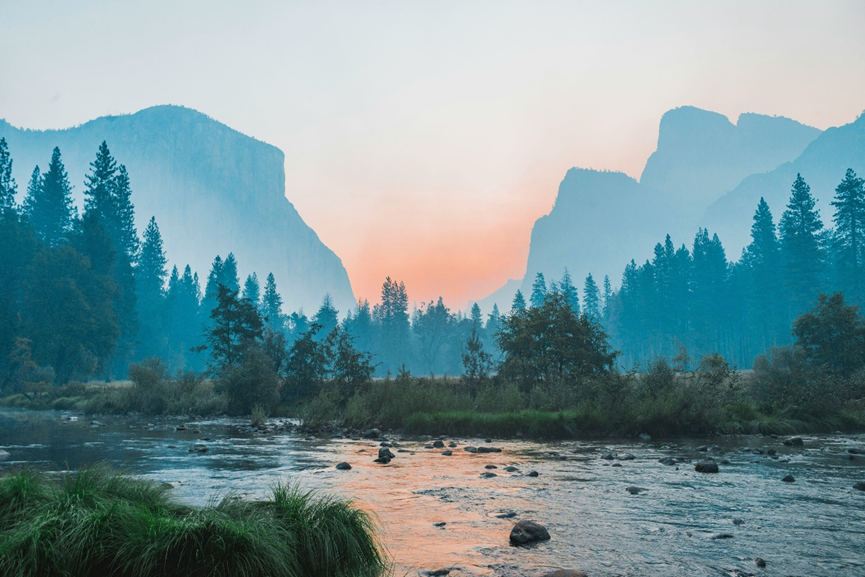
Economic growth projects that harm nature may ultimately come back to cost us dearly in the long run.
Image source:Unsplash/Bailey Zindel
Kristian Teleki
CEO of Wildlife Conservation International
Economic growth projects that harm nature may come at a higher cost, as they can negatively impact individuals' livelihoods and financial well-being.
,
,,,?
,,,
,
,
75%,,,
30,,,,
:;;
650,1500,,,,
?
,2024,182757%,
,,,
,,
20303.5,,9
,200,2000?25
,
——
,14,,
,,
,,
2025,“”,
,,
3,(Government Pension Fund Global),
10
Subsidizing those harmful practices that endanger the communityInstead of focusing on agriculture and extractive practices, we should start investing in building ecosystem resilience. Financial institutions, too, must begin treating nature as an asset class rather than an external factor.
But if we don’t start investing in nature now, our debt will only continue to grow—ultimately, those who’ll pay the heaviest price are the ones who least deserve it.Least responsible for ecological damagePeople.
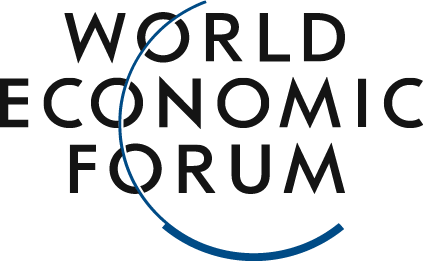
The above content solely represents the author's personal views.This article is translated from the World Economic Forum's Agenda blog; the Chinese version is for reference purposes only.Feel free to share this in your WeChat Moments; please leave a comment at the end of the post or on our official account if you’d like to republish.
Translated by: Sun Qian | Edited by: Wan Ruxin
The World Economic Forum is an independent and neutral platform dedicated to bringing together diverse perspectives to discuss critical global, regional, and industry-specific issues.
Follow us on Weibo, WeChat Video Channels, Douyin, and Xiaohongshu!
"World Economic Forum"
